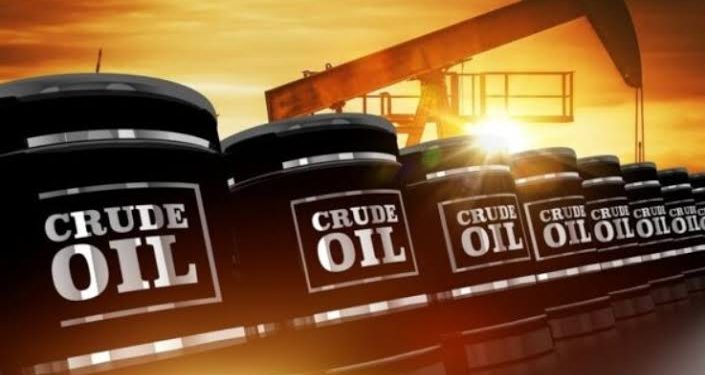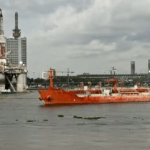The Federal Government has announced a comprehensive action plan to raise Nigeria’s crude oil production to three million barrels per day and expand gas output to 12 billion cubic feet daily by 2030. The move forms part of a broader strategy to strengthen local capacity, attract investment, and achieve long-term energy independence.
The plan was unveiled following far-reaching resolutions adopted at the NOG Energy Week 2025, held at the Bola Ahmed Tinubu International Conference Centre in Abuja. The event brought together over 6,000 energy professionals, 250 exhibiting companies, and 125 expert speakers from across the world, serving as a hub for policy dialogue, innovation, and investment collaboration.
Country Director of dmg Nigeria events and Portfolio Director for Energy, Wemimo Oyelana, described the conference as a defining moment for Nigeria’s energy sector, noting that it bridged the gap between government policy and industry capability. “The discussions around the ‘Nigeria First’ policy, indigenous operator capacity, and technological advancement have birthed actionable strategies that will define our energy sector’s trajectory,” he said. “This platform continues to serve as a roadmap toward measurable progress in achieving energy security and economic prosperity.”
Group Chief Executive Officer of NNPC Limited, Engr. Bashir Bayo Ojulari, revealed that Nigeria secured $17 billion in new energy investments in 2024, with projections of $30 billion by 2027 and $60 billion by 2030. He further disclosed that all major crude oil pipelines achieved 100 per cent operational availability in June 2025, while the Ajaokuta–Kaduna–Kano (AKK) Gas Pipeline project had reached a major milestone with the completion of its River Niger crossing, paving the way for commissioning in the last quarter of the year.
Executive Secretary of the Nigerian Content Development and Monitoring Board (NCDMB,
), Engr. Felix Omatsola Ogbe, underscored the importance of local participation in achieving energy sufficiency. “By strengthening local capacity across exploration, production, processing, and delivery, we can retain more value, create jobs, and take meaningful steps toward a self-reliant energy future,” he stated.
The conference also highlighted the growing dominance of indigenous oil operators following the completion of international oil companies’ divestments. Participants observed that local players, empowered by the Petroleum Industry Act (PIA), now possess the technical expertise and regulatory confidence to optimise newly acquired assets and sustain production growth.
Gas development featured prominently in the discussions, with stakeholders emphasizing the need for infrastructure expansion, gas monetisation, and increased domestic utilisation. With Nigeria’s proven natural gas reserves exceeding 200 trillion cubic feet, projects such as the Nigeria–Equatorial Guinea Gas Pipeline and the activation of the Midstream and Downstream Gas Infrastructure Fund were cited as crucial to driving industrialisation, power generation, and liquefied petroleum gas (LPG) adoption.
Speakers also called for deeper integration of technology and human capital development, urging a shift from technology adoption to domestication. They stressed the importance of innovation-driven partnerships between research institutions and operators, alongside standardised training and practical exposure for young engineers to build a skilled and sustainable workforce.
Organised by dmg Nigeria events in collaboration with NNPC Limited and other key industry partners, NOG Energy Week 2025 reaffirmed its role as West Africa’s premier energy platform. The conference concluded with renewed commitments to investment, innovation, and policy alignment aimed at positioning Nigeria as a regional leader in sustainable energy production and export.










